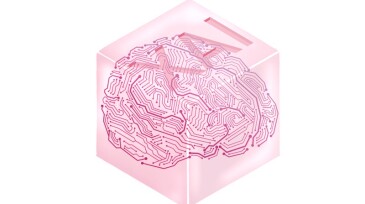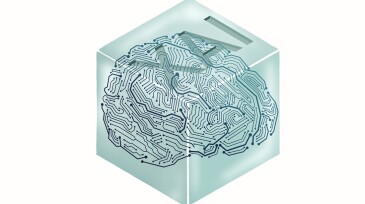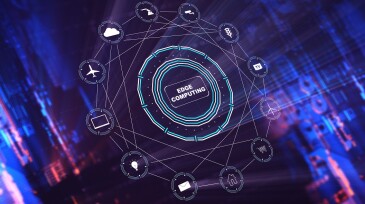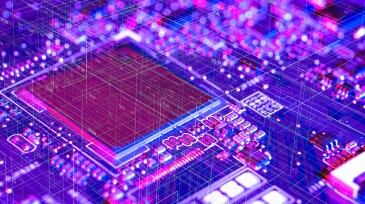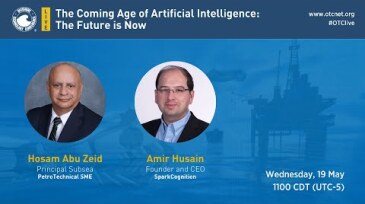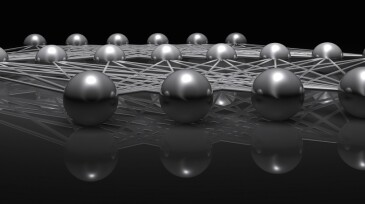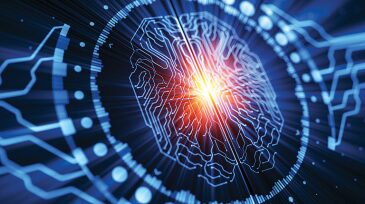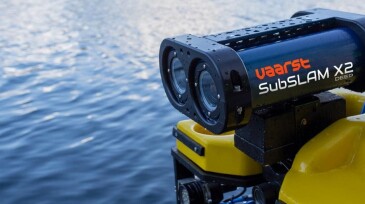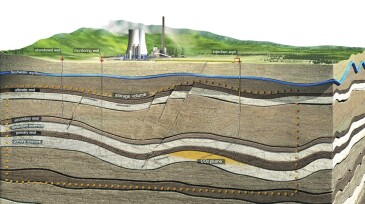AI/machine learning
This paper introduces an agentic artificial-intelligence framework designed for offshore production surveillance and intervention.
In the past year, publications on CO2, natural gas, and hydrogen storage have increasingly focused on the design, evaluation, and optimization of storage plans. These efforts encompass a broad spectrum of challenges and innovations, including the expansion of storage reservoirs from depleted gas fields and saline aquifers to stratified carbonate formations and heavy-o…
Reaching further than dashboards and data lakes, the agentic oil field envisions artificial intelligence systems that reason, act, and optimize.
-
One of the major characteristics of petroleum data analytics is its incorporation of explainable artificial intelligence (XAI). Predictive models of petroleum data analytics are not represented through unexplainable black-box behavior. Predictive models of petroleum data analytics are reasonably explainable. This second part of a two-part series presents the use of XA…
-
One of the major characteristics of petroleum data analytics is its incorporation of explainable artificial intelligence (XAI). Predictive models of petroleum data analytics are not represented through unexplainable black-box behavior. Predictive models of petroleum data analytics are reasonably explainable. This first part of a two-part series presents the history of…
-
Being able to deploy machine-learning applications at the edge is the key to unlocking a multibillion-dollar market. TinyML is the art and science of producing machine-learning models frugal enough to work at the edge, and it's seeing rapid growth.
-
Earlier this year, 19 teams competed in a machine-learning contest held by the Data Analytics Study Group of SPE’s Gulf Coast Section. The was the first competition of its kind for SPE. Here, the organizers of the contest present some of the techniques used and lessons learned from the Machine Learning Challenge 2021.
-
Amir Husain sat down with OTC Live to present the trajectory of artificial intelligence and how it will change the face of oil and gas.
-
The conventional wisdom about artificial intelligence is that bigger is better. But enormous neural networks come with some costs, including making it difficult for researchers to figure out how and why the software makes its predictions and decisions.
-
Physics-based simulations plus machine-learning exercises are yielding a more comprehensive look at production volumes from unconventional assets.
-
Vaarst, a spinoff from subsea robotic and hydrographic survey company Rovco, wants to accelerate advancement in ocean robotics by providing access to artificial-intelligence technology to marine and subsea providers for autonomous robotic work.
-
Petrolern has received a $1.15-million grant from the US Department of Energy to develop and commercialize its technology that models in-situ stresses by using available data.
-
Anomalies in heart function can be diagnosed in real time by measuring an electrical signal. Petroleum engineers have adapted the concept to diagnose anomalous drilling conditions in real time using a shock signature recorded downhole.




